There’s always one mentor, one guide, who we look up to in our lives – someone who has touched our minds to such an extent that we unconsciously model our life on the way that person’s life is. Teachers inspire us to be better versions of ourselves. We dedicate a day to them annually, while they dedicate a part of their entire life!
There are 3 ways to give back to our gurus– keep reading basic literature, keep improvising by self-analysis and keep updating to newer research and technology. Make teachers proud by reaching the pinnacle of your career!
- Keep Reading Basic Literature.
We all were in touch with theory during our dental school days. Do we really dwell into its depth later? Do you remember faintly the concept of ‘median mandibular flexure?’ It’s the phenomenon which is characterized by medial convergence of each half of the mandible during jaw opening and protrusive movements. But what is the application of this? Did you know that ignoring this phenomenon during treatment planning can cause – increased stress in dental implant-related prosthesis and abutments, poor fit of fixed or removable prostheses, impression distortion, pain during function, fracture of screws of implants or porcelain crowns, loosening of cemented prostheses/teeth, and resorption around implant? Or that loss of this phenomenon can result – in patient deviation and inferior rotation, in turn causing facial disfigurement, loss of occlusal contact, slurry speech, improper mastication, loss of lip competency for saliva control and initiation of swallowing ?
Balanced diet forms an important part of a young person’s life and is always considered carefully. Do we really pay attention to what our grandparents or old patients eat? A healthy foundation results in a strong building. Similarly, healthy tissues enhance the possibility of successful prosthodontic treatment in the elderly. Many age-related medical problems and diseases have nutritional aspects and the patient’s socioeconomic status and dietary habits have a profound influence on their dietary selection. Hence, ‘geriatric nutrition’ requires special considerations. The dental team should be aware of the aging and oral factors affecting nutritional status, nutrient needs of the elderly, foods recommended for the elderly in general and for new denture wearer in particular.
2.Keep Improvising By Self-Analysis
Balanced diet forms an important part of a young person’s life and is always considered carefully. Do we really pay attention to what our grandparents or old patients eat? A healthy foundation results in a strong building. Similarly, healthy tissues enhance the possibility of successful prosthodontic treatment in the elderly. Many age-related medical problems and diseases have nutritional aspects and the patient’s socioeconomic status and dietary habits have a profound influence on their dietary selection. Hence, ‘geriatric nutrition’ requires special considerations. The dental team should be aware of the aging and oral factors affecting nutritional status, nutrient needs of the elderly, foods recommended for the elderly in general and for new denture wearer in particular.
After spending a considerable amount of time in any profession, if you are observant enough, the profession in turn ‘teaches you’ a few things. In the current negative scenario of dentistry, it is important to self-analyse, especially in time of individual professional crisis. Remember this – Come what may, you are a dentist. You have a set of skills. Some is inborn talent and some you have acquired by training . Now you have to decide for yourself what works for you, or rather how to make things work for you . Leaving a profession is very easy but to be in it against all odds and yet manage to make a name for yourself, is what calls for an applause.
3.Keep Updating To Newer Research And Technology
Conventional endodontics has been the first line of treatment for periapical lesions. But in case you want to save a tooth with a ‘large apical pathology’ that cannot be managed by conventional, non-surgical endodontics, then apical surgery is considered a predictable treatment option. Apical surgery belongs to the field of endodontic surgery that includes incision and drainage, closure of perforations, and root or tooth resections in addition to usual RCT steps. A root-end resection, root-end cavity preparation, and a bacteria-tight closure of the root-canal system is performed to manage the lesion.
Digital dentistry discusses the use of various technologies that incorporates digital or computer-based modules which carry out dental procedures without using mechanical or electrical tools. The arena of ‘digital impressions’ is quickly growing, as proved by the number of scanner systems like Cadent iTero, 3M ESPE Lava COS, CEREC by Sirona, E4D by D4D Technologies. As digital dentistry lasts to adapt and become more common, the approach to incorporate the theme of digital dentistry in learning outcomes during dental training & continued dental education must also change. Future practitioners must be exposed to new digital procedures in the curriculum and teaching so that they gain more knowledge about this newer technique
There has been a strong need to develop new, objective, non-invasive methods for early detection of oral cancer. ‘Micronucleus’ or MN has come up in the recent past as a non-invasive biomarker for diagnosis of not only malignant and pre-malignant lesions but also many other significant diseases. It is nothing but a microscopically visible, cytoplasmic chromatin mass next to the nucleus originating from aberrant mitoses. Many investigators have already and unequivocally called MN, an upcoming marker of tumorogenesis.
I hope this list of our SeptemberSuper7 issue has intrigued, energized and educated you!
Highlights of our Monthly Editorial
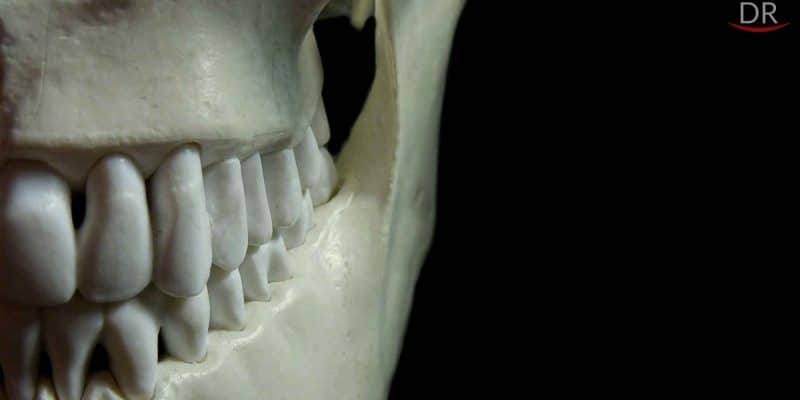

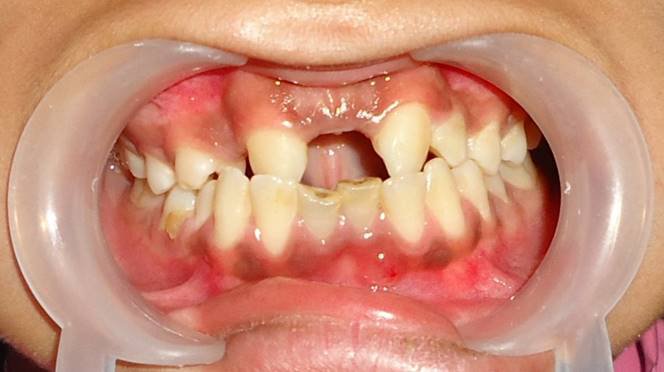
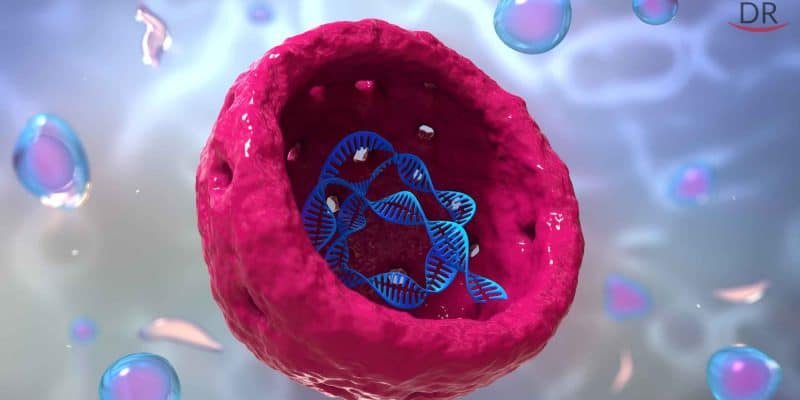





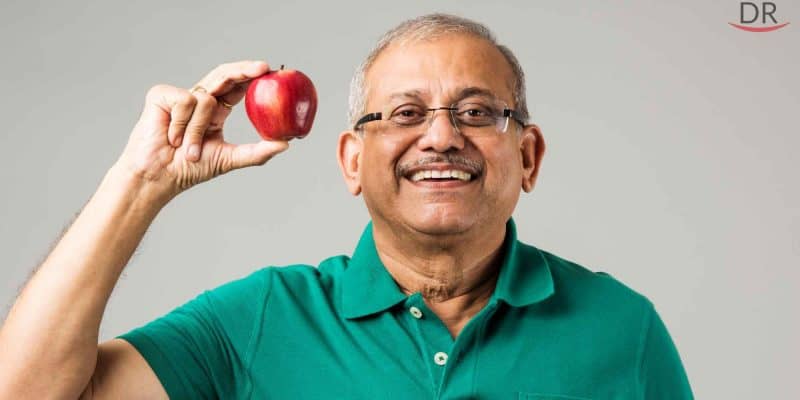

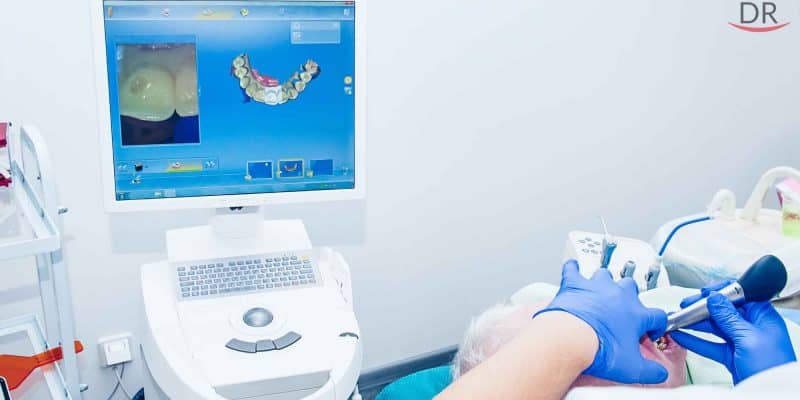


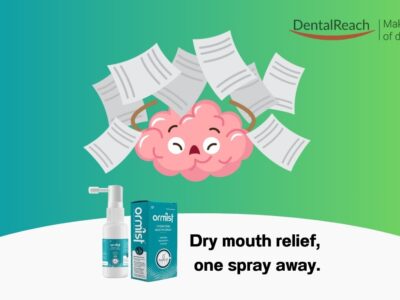

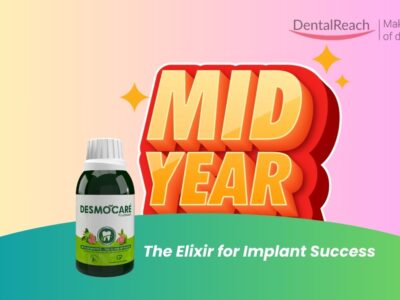
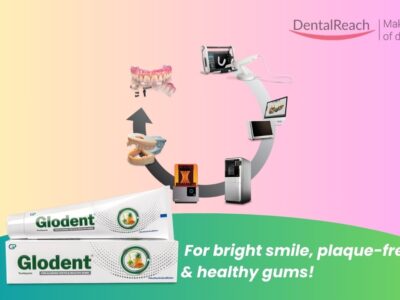









Comments